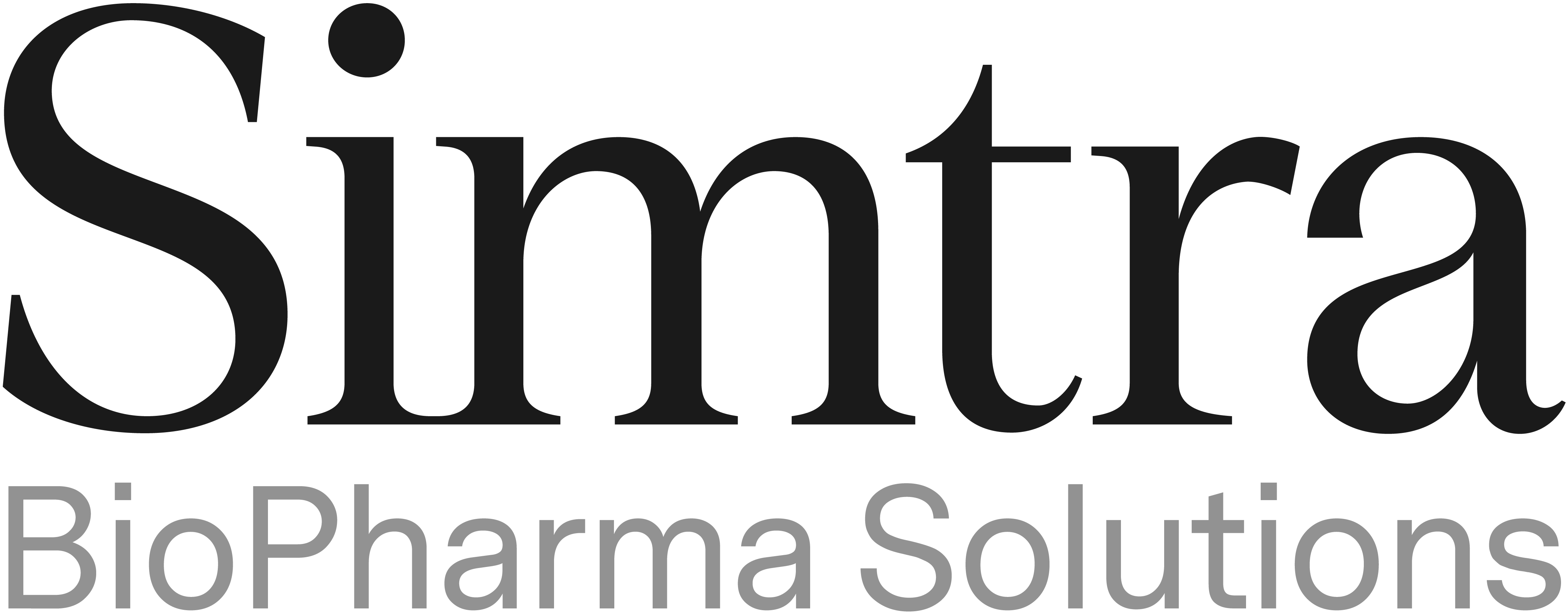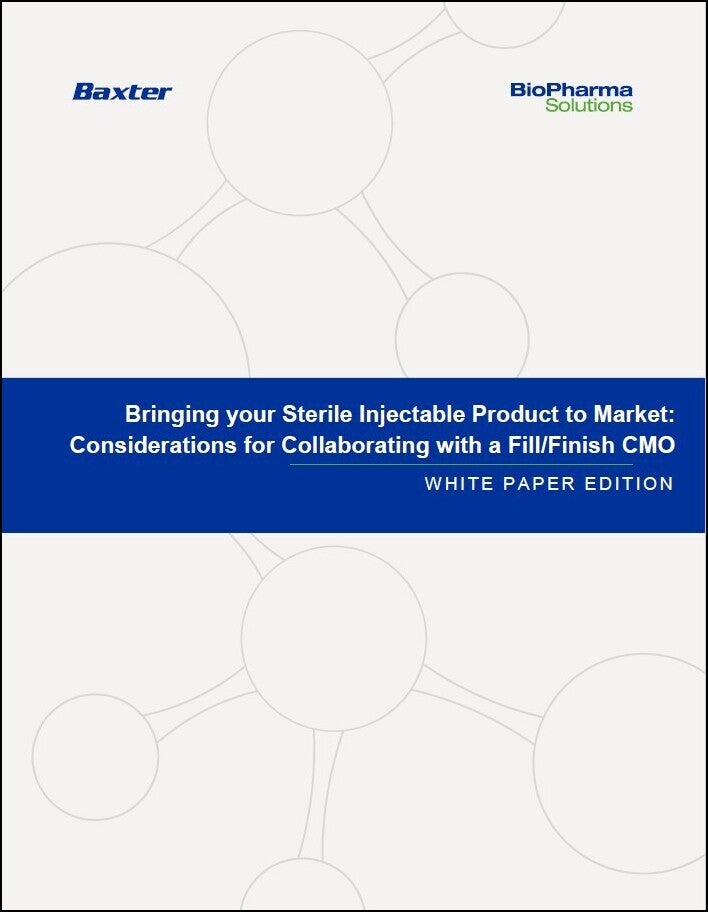
Different regions of the world have different working cultures, and it is crucial that misunderstandings are avoided, and openness maintained in a good working relationship. Cultural agility is classed as a ‘soft skill’ that allows individuals to build trust and maintain communications successfully in these cross-cultural situations.
Ann McAuley has spent the last 25 years working with pharma clients from all over the world and has significant business management experience across complex pharmaceutical, medical device and biotechnology sectors. During this time, she says she has come to appreciate and develop cross-cultural differences, witnessing how national cultures can influence working styles.
“National culture plays a central role in how individuals communicate, build relationships, manage others, make decisions, and ultimately operate,” she explains. “In my experience, as someone who is in business development, building trust is key.”
McAuley is senior director for Pharma Business Development at Baxter International Inc. Based at Deerfield, Illinois, she is in daily contact with the firm’s state-of-the-art manufacturing bases in both Germany and the US. “Baxter BioPharma Solutions (BPS) operates in two different countries,” explains McAuley, “a manufacturing facility in Bloomington, Indiana in the United States, and another in Halle/Westfalen, Germany.”
McAuley also collaborates with internal teams that, as well as US and Germany, also include other nationalities, such as French and British, and in her business development role, interacts with pharmaceutical and biotech clients from right across the globe. As BPS provides fill/finish services for client products distributed in 120 countries, McAuley regularly interacts with clients around the world.
Cultures in context
When working with a new international client, McAuley says that it is imperative to establish whether you are working with a ‘high context’ culture, where things are explicitly stated, or a ‘low context’ culture – where communication is more nuanced and layered.
“If it’s the latter, one must be prepared to pay close attention to body language, silences, and tone of voice,” notes McAuley. “When working with low context cultures, I find myself asking clarifying questions and summarising next steps to help ensure that everyone is on the same page, and everyone has had a chance to be heard. Open communication with my clients and the ability to adapt to their personal communication style is essential to building a mutually beneficial long-term relationship.”
Building trust also means championing your client, adds McAuley: “I am my clients’ champion within my own organisation – I represent their best interests, challenge assumptions on their behalf, and seek solutions to meet their needs.
“In some cultures, trust is created via personal connection and relationship building more so than transactional exchanges. I make sure to spend time engaging face to face with these clients and do so over an extended period. I travel to their country and host them at our facilities multiple times per year. I check in frequently with them and engage in dialogue.”
Sometimes that can mean stepping out of your comfort zone. “I have been taken aback on a few occasions by comments made by clients,” admits McAuley.
In one instance McAuley realised that what appeared to be an angry and confrontational attitude in a meeting was in fact the client’s manner of sparking a debate. “In these situations, being a mentor and coaching my internal team is especially important so that the ‘cultural context’ is understood by all,” she says.
Enabling successful relationships
As a leader in fill/finish sterile contract manufacturing, Baxter’s BioPharma Solutions works with clients from across the globe. How does the team deal with cross-cultural challenges?
“Our team members are continuously challenged to have a growth mindset in being accepting of different ways of solving problems and constantly open to learning from new projects and their peers,” explains McAuley.
“It is particularly important in contract manufacturing as no one project is ever the same. We work with different modalities, fill in different platforms, and deliver very different product quantities – from small clinical quantities to multi-million units for commercial markets. Having the ability to easily adapt to a multitude of diverse cultural styles is one thing that makes BPS special.”
Baxter BioPharma Solutions is dedicated to helping companies reach their commercialisation objectives by providing customised support services, scientific expertise, and sterile injectable contract manufacturing solutions. For more information about how Baxter BioPharma Solutions manufacturing expertise can support your project, wherever you are, download the paper below.



